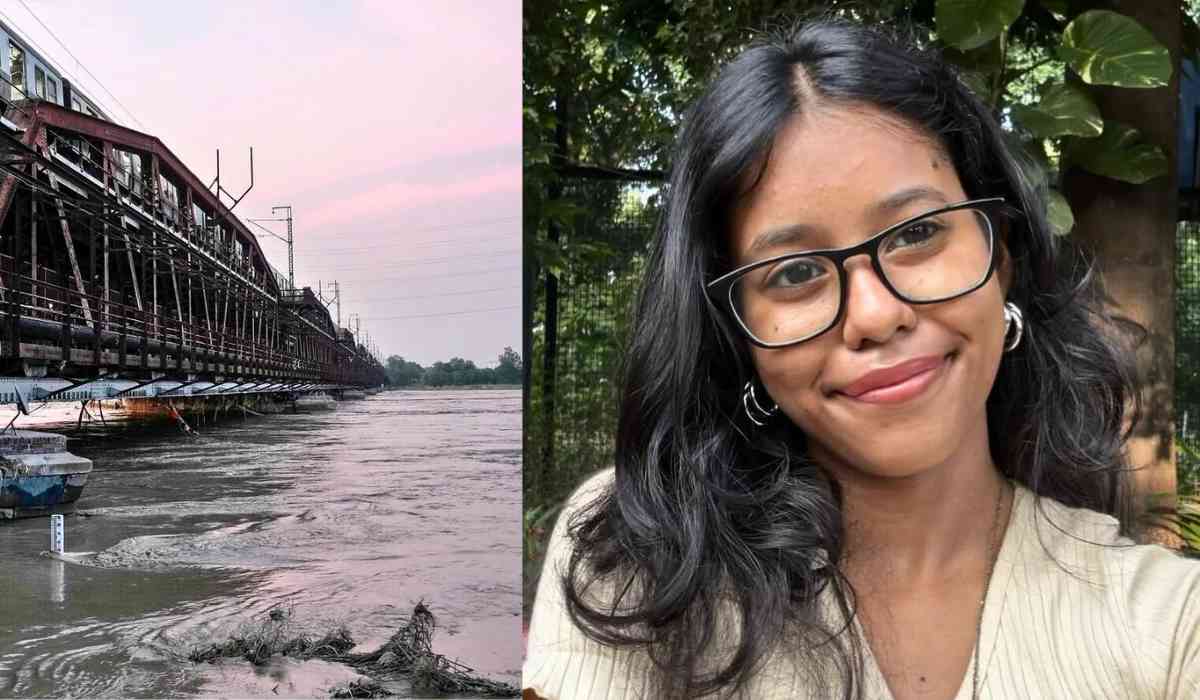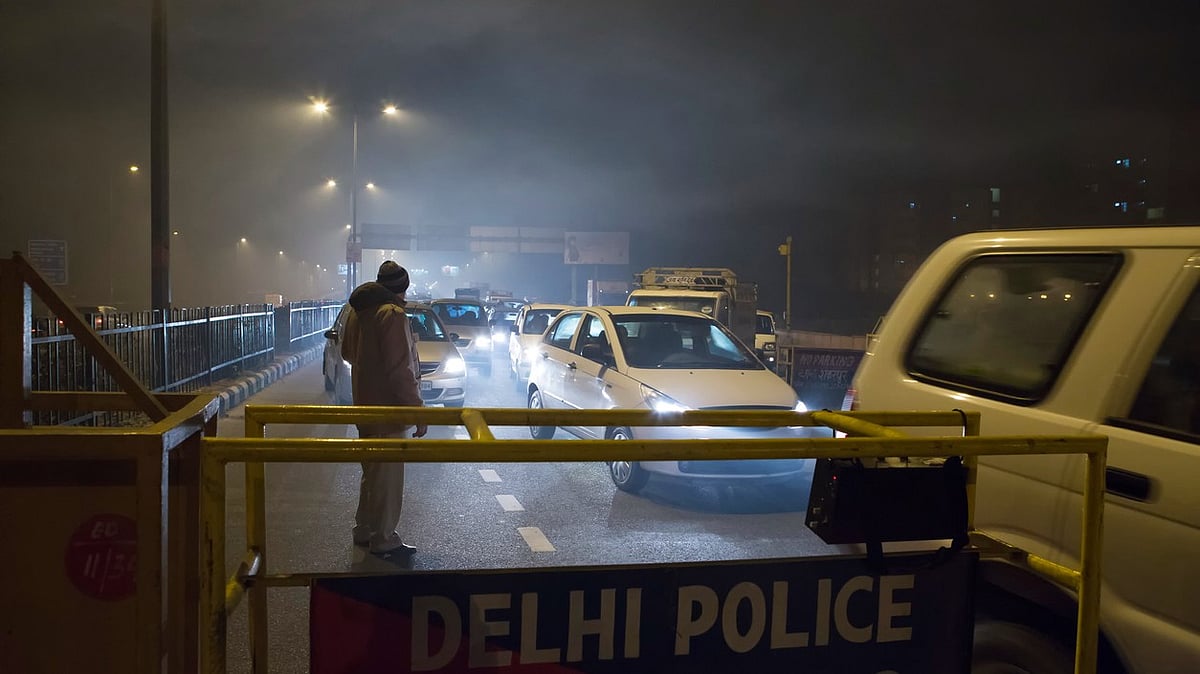In a heartbreaking turn of events, 19‑year‑old Sneha Debnath, originally from Sabroom in Tripura and a student at Delhi University's Atma Ram Sanatan Dharma College, was discovered dead in the Yamuna River near Geeta Colony flyover on July 13, six days after she went missing.
The Disappearance
On July 7, Sneha informed her mother during a phone call at around 5:56 am that she was going to accompany a friend, “Pitunia,” to Sarai Rohilla Railway Station. By 8:45 am, her phone was unreachable—leading her worried family to register a missing person report that same day.
Investigators traced Sneha’s cab to Delhi’s Signature Bridge, a location in north Delhi that connects Wazirabad and is known for poor CCTV camera coverage. The cab driver confirmed dropping her there that morning. Eyewitness reports suggested that a girl matching her description was seen standing on the bridge before vanishing.
The Search Efforts
Following the alarming disappearance, Sneha’s family—shocked and desperate—approached Delhi Police, prompting the registration of an FIR at Mehrauli Police Station on July 9. They also approached the Tripura Chief Minister’s Office, which directed coordination between Tripura and Delhi authorities.
A joint search operation was launched, with the Delhi Police Crime Branch and the National Disaster Response Force (NDRF) scouring areas from Nigambodh Ghat to Noida along the riverbanks.
Tragically, on July 13, a female body matching Sneha’s identity was recovered under the Geeta Colony flyover, approximately 10 km downstream from the Signature Bridge. The family confirmed the identification, and a post-mortem examination was initiated.
Clues from Home
At Sneha’s residence in South Delhi’s Paryavaran Complex, a handwritten note was found, apparently written by her. It read:
“I just feel like a failure and burden and it was getting unbearable to live like this… I had decided to end my life by jumping from Signature Bridge… there is no foul play.”
Police and family sources stated that she had been struggling emotionally in recent months, with no clear signs such as academic pressure. The note, they believe, implicates long‑term emotional distress and possibly family concerns as contributing factors.
Who Was Sneha?
Sneha was an exceptionally bright student—studying Mathematics at Delhi University, while also taking courses in data science and programming via IIT Madras. She was working as an intern with an Australian firm. Her family described her as an “overachiever” who didn’t depend on them financially.
Her father, a retired Subedar Major (Hon. Lt.), suffers from chronic kidney failure and undergoes dialysis. Although loved and admired by her family, in recent months Sneha appeared increasingly withdrawn.
Questions and Concerns
CCTV and Surveillance Gaps
Sneha’s sister and friends sharply criticized that none of the 60+ CCTV cameras around the Signature Bridge were operational—a major investigative setback. This has intensified concerns about public safety infrastructure in areas prone to suicides.
Mental Health Awareness
This tragic case brings to the forefront the emotional challenges faced by young adults, especially those far from home. Many are calling for better support services at universities and in local communities.
Looking Ahead
Investigators are awaiting the post‑mortem report to confirm cause of death and to rule out foul play. Simultaneously, Delhi Police and civic authorities are being urged to review CCTV installations and mental health support availability around high-risk public zones.
/rtv/media/media_files/2025/07/14/missing-delhi-university-student-found-dead-in-yamuna-river-after-6-days-2025-07-14-06-52-00.jpg)
Families, friends, and online communities are calling for improved mental health awareness, easier access to counseling, and swift technology improvements so that cases like Sneha’s may be prevented in the future.
In Perspective
Sneha Debnath’s death is a sad reminder of how outward success and brilliance do not always mirror inner well-being. It underlines the pressing need to:
-
Strengthen surveillance and safety on bridges and public spaces.
-
Ensure mental health is a key priority in educational institutions.
-
Raise awareness so that emotional distress—in any form—is taken seriously early enough.
As the inquiry proceeds, it is hoped that her family finds peace, and that this incident prompts meaningful change—so no young person in a big city like Delhi feels helpless or unseen.
If you or someone you know is facing emotional distress, help is available. Reach out to mental health professionals, call local helplines, or connect with university counseling centers. You’re not alone.
With inputs from agencies
Image Source: Multiple agencies
© Copyright 2025. All Rights Reserved Powered by Vygr Media.
























